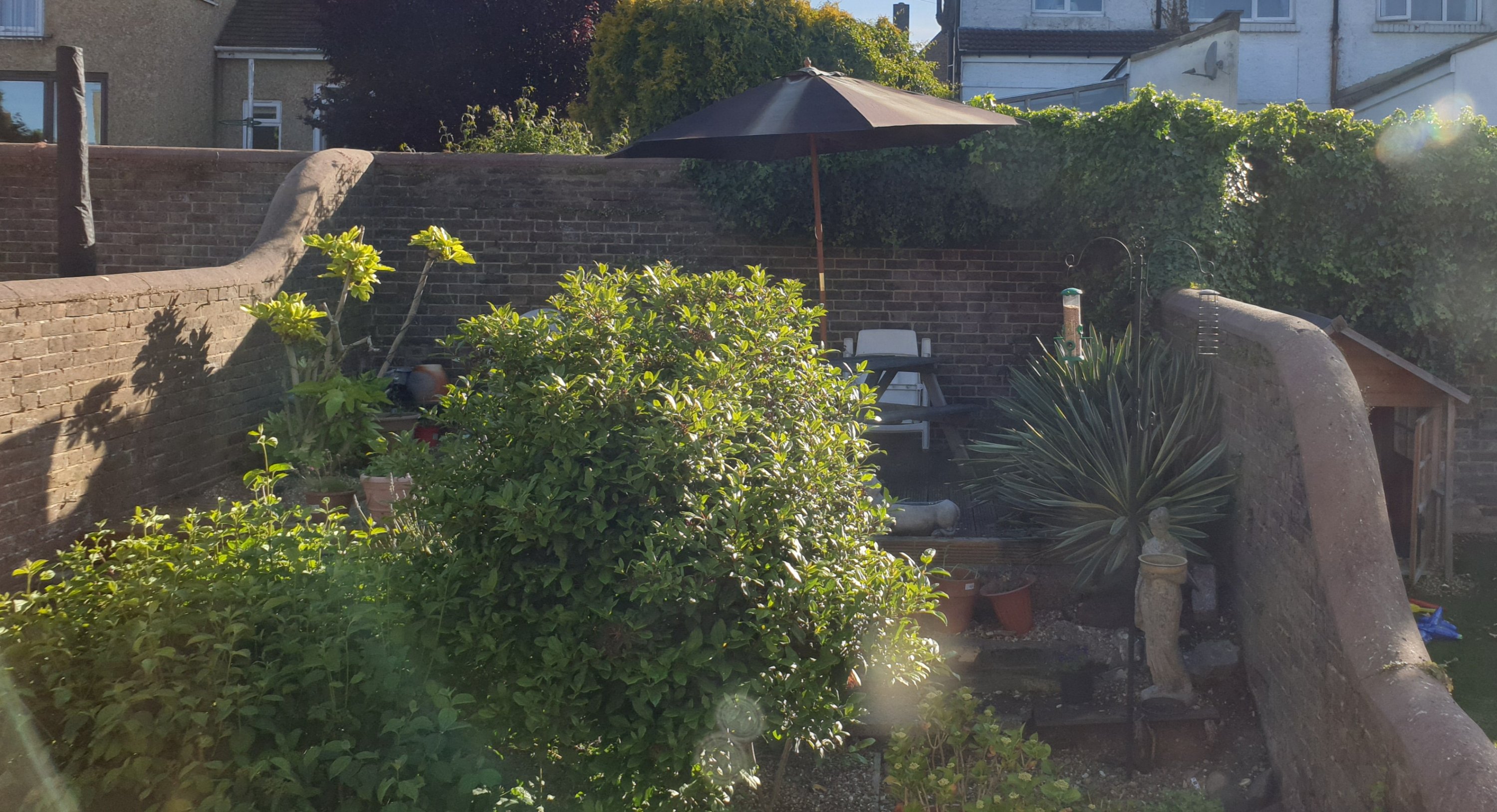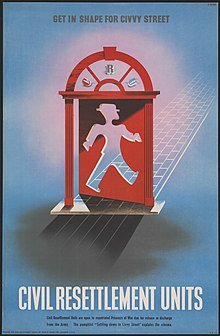
I spent a couple of hours gardening this afternoon and – at the end of a major weeding, pruning and watering session – it struck me how a garden is much like a body.
Bear with me – I know it sounds a bit far-fetched…
We all have a tendency over winter months to let ourselves go.
Bad habits creep in, we eat comfort food, and we don’t think about doing the best for ourselves.
As spring approaches, and the weather improves, something changes.
New thoughts and ideas flourish and blossom and it suddenly seems a good time to jettison the habits that are holding you back.
Are you beginning to see the metaphor here?
Continue reading “Why gardening mirrors your life”

